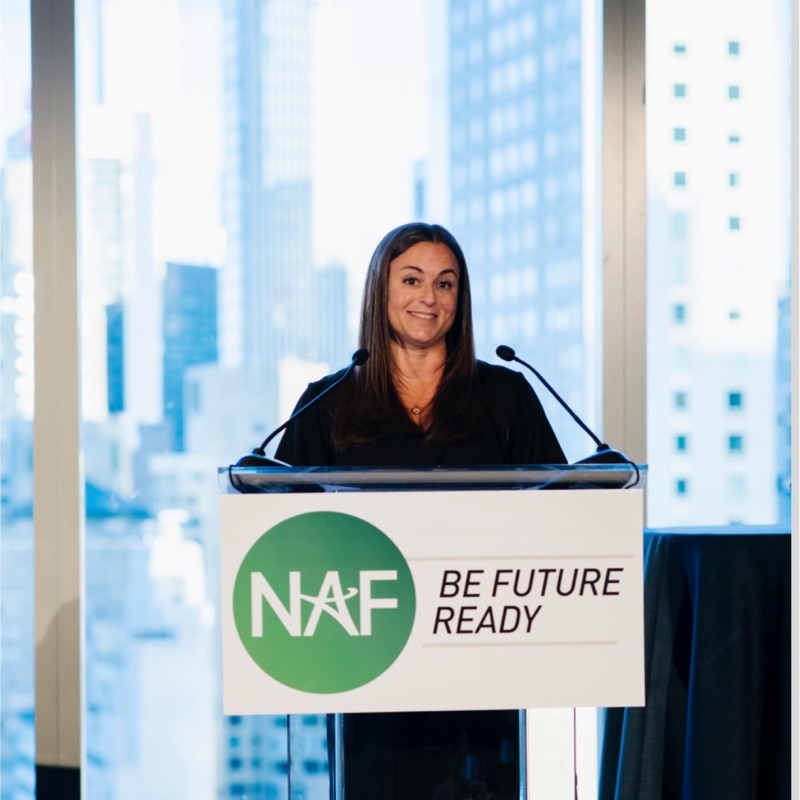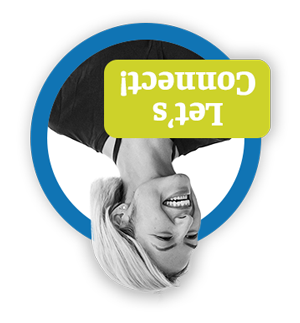Guest Article: The Power of Partnerships – How Industry and Education Can Shape the Next Generation of Talent
Experiential learning is the bridge that brings these worlds together. When students can take part in real-world learning experiences through work-based learning, such as guest speakers, job shadows, mock interviews, internships, and more, they are able to meaningfully apply their classroom knowledge to practical settings. While doing so, they also develop critical, future-ready skills – including communication, collaboration, and problem-solving – and gain insights into their chosen fields, enhancing their readiness for the workforce.

By investing in future talent, companies can play a direct role in shaping the next generation of workers and cultivate potential future employees by providing these experiences. This proactive approach also solidifies that companies have access to a pool of skilled candidates who are ready to contribute effectively from the outset – saving time, money, and resources.
It is truly that partnership that is the secret sauce in bridging the gap between education and the workplace.
For nearly 45 years, NAF, a national education nonprofit, has led a movement for immersive, career-focused teaching and work-based learning in high school, and has seen firsthand the dynamic power of partnerships and the transformational impact it has had on both students and businesses alike.
Companies can build a pipeline of skilled workers and improve their recruitment and retention strategies, when they choose to engage with students early in their educational journeys. They also not only invest in future talent but also enhance their brand visibility and community presence. Supporting local education initiatives demonstrates corporate social responsibility and community building.
For example, with our more than a decade-long partnership, beginning in 2010, NAF and KPMG, have remained strongly committed to developing a more diverse workforce pipeline of professionals across the nation.

Since 2011, KPMG has provided close to 800 internship opportunities for NAF students across the firm and will continue to collaborate on offering meaningful work-based learning opportunities to NAF students in the coming years.
By collaborating on curriculum design and offering input on industry trends, companies help ensure that students are equipped with the skills and knowledge that are most relevant to their future talent pipelines, and address skills gaps in the process. Additionally, through connecting students with real-world experiences and providing companies with a pipeline of prepared talent, a mutually beneficial environment can be fostered, that supports the growth and success of both students and businesses. It is a win-win for all.
Global technology leader, Lenovo, has also worked with NAF for more than ten years to prepare the next generation of STEM leaders. These initiatives have helped students to understand what a career in tech entails, by participating in project-based and work–based learning, internships, mentor activities, and more, and as a bonus, NAF students have offered a fresh, diverse perspective to Lenovo’s employees and business acumen. For students, they first need to see it, to be it!
Companies can also get involved in work-based learning through KnoPro. This FREE web-based platform offers students beyond NAF academy walls opportunities to participate in challenges designed by businesses for a chance to win cash prizes. KnoPro enables employers to serve as project mentors to students virtually.
Everyone has a role to play in putting more students across the nation on the path to be future ready.
Click here to learn more today!
About the author: Lisa is Chief Executive Officer at NAF, a national network of education, business, and community leaders who work together within public high schools to ensure that traditionally under-resourced students have access to opportunity and become college, career, and future ready. She oversees Programmatic and Operational functions including Strategy, Programs, Partnership, Innovation, Marketing & Communications, Policy, Finance, Research & Evaluation, Information Technology, Human Resources, and Administration functions responsible for supporting a network of over 600 college preparatory, career-themed academies serving over 112,000 students in 35 states, plus DC, Puerto Rico, and the US Virgin Islands. At NAF, she has previously held positions of President, Chief Operating Officer, and Vice President of Marketing & Communications. Lisa graduated from Cornell University with a BS in Policy Analysis and Management and received her MBA in Marketing & Operations Management and Strategic Management from the Wharton School at the University of Pennsylvania.

